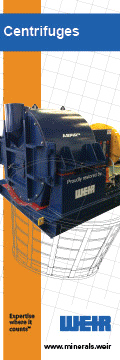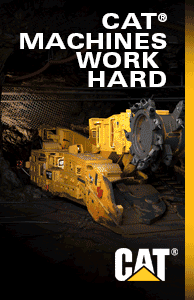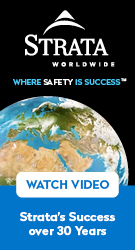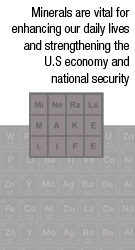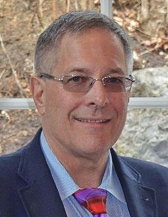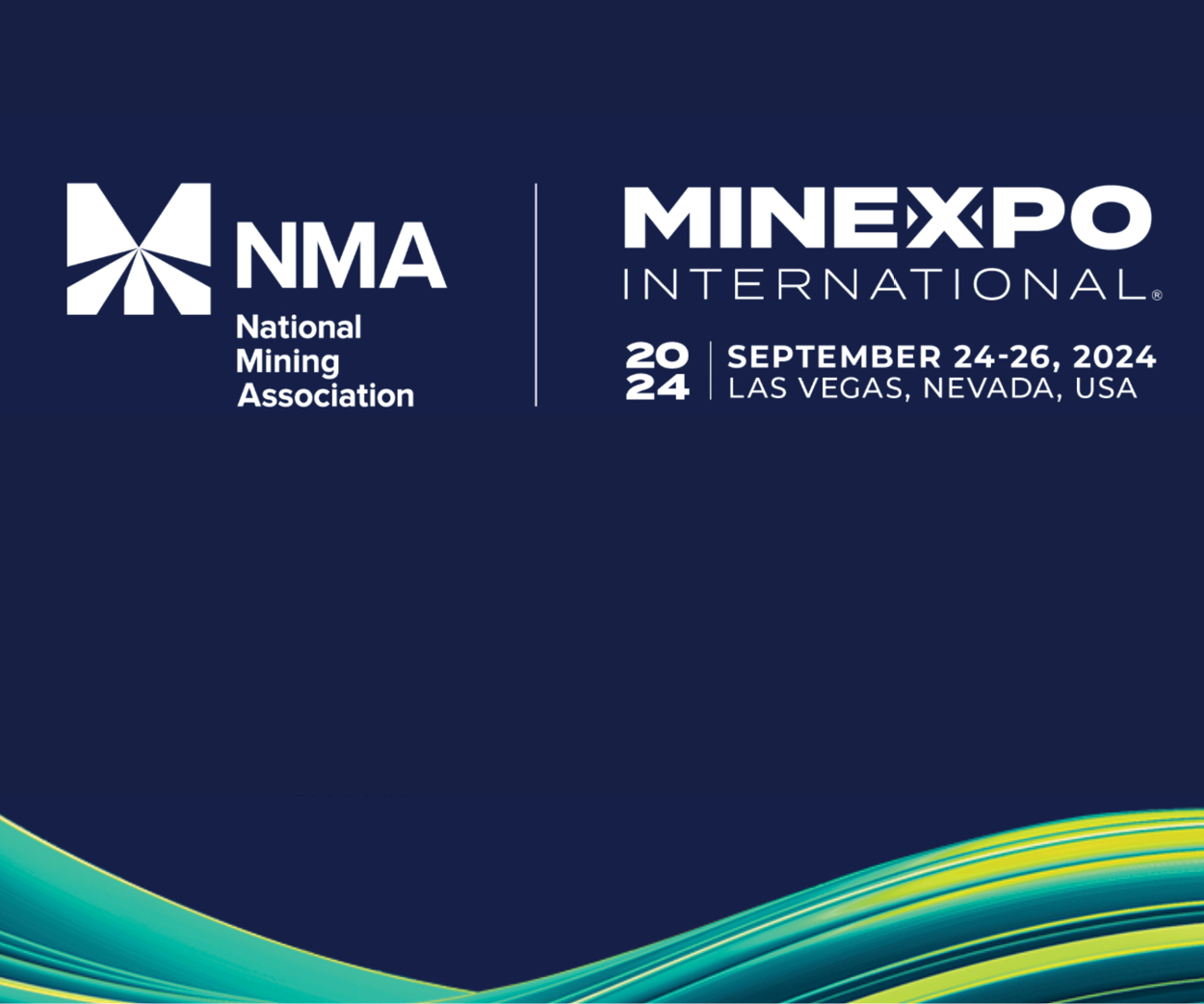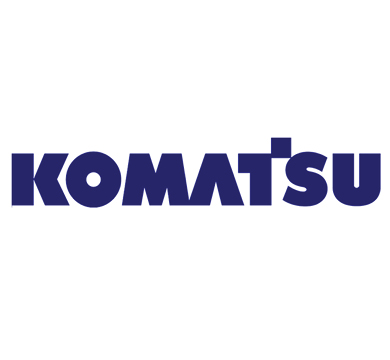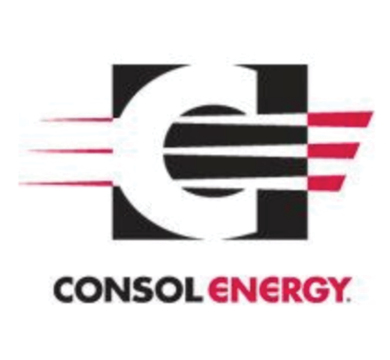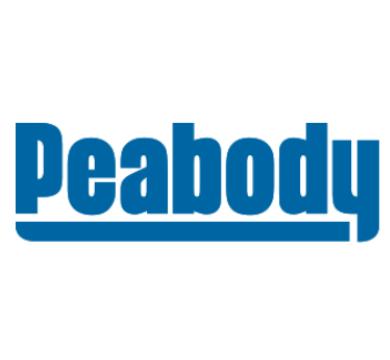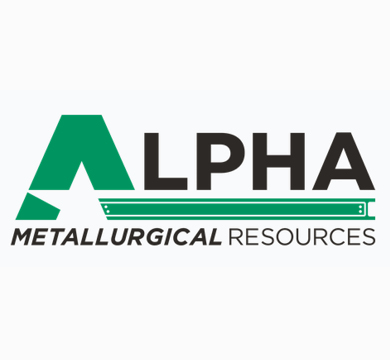Tom Clarke Revives Magnetation Operations on the Western Iron Range in Minnesota
Tom Clarke has developed a pattern in recent years: finding shuttered, bankrupt companies, buying them for pennies on the dollar and then restarting them at just the right time.
He’s done it with coal mines — from Alabama to British Columbia — and now he’s trying iron ore, restarting the former Magnetation LLC operations on the western Iron Range.
Clarke and his ERP Iron Ore LLC are scrambling to find customers, rehire employees and restart production at the Plant 4 mining and processing operations near Grand Rapids as well as the Reynolds, Ind., pellet plant he acquired in bankruptcy court in December.
The Grand Rapids plant employed about 130 people before closing in October.
Clarke closed the financing for the deal on Jan. 30.
“I’ve said I want to underpromise and overperform, so I want to be careful. But we’ve already hired nine employees, all of them with experience with the company,” Clarke said.
“We’re looking for a CEO. We want an expert in the field. We’ve got people from Minnesota and the Upper Peninsula applying. I’m going to move as quickly as I can to restart operations ... I’d be very disappointed if we aren’t producing pellets by the end of the first half, by June 30 at the latest.”
Former plant manager Robb Bigelow has agreed to come back, and the new company is poring over the former company’s employee list, Clarke said. He’s working to transfer permits to the new company’s name, and newly rehired staff are combing through Plant 4 to see what needs to be fixed.
“They’re finding what you’d expect to find. A few broken pipes; some trucks that won’t start. But it’s in very good shape,” Clarke said of his new venture.
Clarke also acquired former Magnetation plants 1 and 2, but said their futures are uncertain.
“Plant 4 alone will do what we need to do, at least for the time being,” Clarke said. Plant 2 in Bovey (which had 167 employees at one time) has potential, he said — but he said Plant 1 in Keewatin is likely to remain shuttered permanently. It had 50 employees when it closed in 2015.
Clarke also acquired the former Magnetation rail and loading operations.
STARTUP SOON, WITH OR WITHOUT CUSTOMERS
Clarke said he’s actively pursuing steelmakers to buy his new company’s iron ore pellets. He said he has three or four potential buyers ready to sign once the company proves it can restart operations and make a quality product, as it did before. Those potential customers include giant AK Steel, which had purchased most of the former Magnetation’s product.
“As we sit now, I have no executed contracts,” Clarke said.
“AK makes the most sense because Reynolds (the Indiana pellet plant) was built” to serve its steel mills, Clarke said. “We have others ready to buy, too. But we need to show them we can make the quantity and quality of pellets they need. So, with or without a contract in hand, we’re going to restart production as soon as we can.”
Clarke said he’s sent samples of the product to several steelmakers in Europe.
With the seaborne price of iron ore approaching $90 per ton last week, “every dollar it goes up, we can ship it a little farther and still make money,” said Clarke, who is part owner of an Italian steel mill and plans to ship pellets there, if possible.
Clarke seems to be coming in at the right time, with iron ore recovering from a low of $38.50 just over two years ago.
He did the same thing with coal, buying defunct companies when coal was near its historic low of $48.80 per ton. It’s now back over $80 per ton.
“We’re very fortunate to be coming on board when the (iron ore) prices are shooting up like this,” he said.
Clarke ended up paying less than $65 million for the bankrupt Magnetation assets, less than 10 cents on the dollar invested by the former company. Most of that money, more than $30 million, will go to pay creditors part of what Magnetation’s previous owners owed them. The rest, more than $22 million, will go to mostly Minnesota contractors and vendors still owed money, but most of that won’t be paid until the company starts shipping product again — a royalty on each ton of pellets sold.
Mark Phillips, commissioner of the Iron Range Resources and Rehabilitation Board, said Clarke’s success is not just key for local businesses owed money and the western Iron Range economy, but also critical in the state recovering $13 million in loans made to the old company. The late 2014 loans, for emergency construction work needed to finish Plant 4, were actually made to another corporate entity, Magnetation Inc., still controlled by Magnetation founders Larry and Matt Lehtinen.
But if ERP is a success, Clarke will pay royalties for the processing technology to Magnetation Inc. The company, now with no other source of income, has agreed to use those royalties to repay the state loans.
“I think Tom Clarke is a very smart businessman. He sounds like he’s going in the right direction, trying to hire experienced people,” Phillips said. “We sure hope it works.”
LEHTINENS ARE OUT
Gone entirely from the new ERP operations are Larry and Matt Lehtinen, the father and son duo who built Magnetation into a viable player in the iron ore industry only to see it come crashing down amid declining domestic steel production and iron ore prices that hit historic lows in late 2014.
“They have no relationship with ERP Iron Ore,” Clarke said of the Lehtinens.
Matt Lehtinen declined to comment for this story.
Magnetation LLC was founded in 2006, and was a joint venture between Grand Rapids-based Magnetation Inc. and AK Iron Resources LLC, an affiliate of steelmaker AK Steel. Magnetation recovered valuable iron ore from waste dumps left behind by long-closed mining operations. It sold its finished pellets to AK’s steel mills in Ohio and exported some to Mexican steel mills.
Under the Lehtinens, the company grew rapidly. At its peak in early 2014, the company had more than 500 employees, including more than 400 on the Iron Range.
When the open market iron ore business collapsed, Magnetation couldn’t make enough money to pay its mortgage payments, forcing the company into bankruptcy in May 2015. After 18 months of trying to bring the company back, the Lehtinens were unable to find backers to emerge from bankruptcy and restart their own operations, leaving the company open for Clarke.
The Lehtinens do, however, still hold a portion of Plant No. 3 in Chisholm that a different Magnetation entity co-owned with the parent company of Mesabi Nugget. But with Mesabi Nugget operations shuttered indefinitely, it’s unclear if the mining and processing operations will ever resume at the Chisholm plant.
The Lehtinens also retained the Magentation name, the proprietary technology to turn old mining waste into valuable concentrate, and Magnetation’s downtown Grand Rapids office.
“They keep the concept, but we have a permanent license to use it at Plant 4 and Reynolds,” Clarke said. “As of now our (ERP Iron Ore’s) headquarters is at Plant 4.”
After Clarke’s bid last year, things have been moving fast. Federal Bankruptcy Court Judge William Fisher approved Clarke’s purchase of the bankrupt company just before Christmas. The sale became final on Jan. 30.
It’s Clarke’s inaugural venture into iron ore mining, but he already had plunged into mining in recent years, with his ERP Compliant Fuels acquiring shuttered coal mining operations and apparently making money.
A self-proclaimed environmentalist, Clarke is using profits from the coal mines to conduct mine reclamation and reforestation efforts and to buy credits that he says will offset the global-warming greenhouse gases his company’s coal releases to the atmosphere. ERP stands for Earth Restoration Project, and Clarke’s goal is to have all of his businesses be compliant with efforts to restore the environment.
Clarke, whose home base is Roanoke, Va., made his fortune as owner of Kissito Healthcare.
He says the Magnetation process — using waste from decades-old mining operations to make high-value iron ore concentrate — fits perfectly with his mission of recycling and environmental restoration while at the same time restoring lost jobs.
RAPID MOVE INTO MINING
Tom Clarke’s company has become the second-largest producer of coking or metallurgical coal in North America, the kind of coal used in the steelmaking process. Clarke says he wants to become a major player in the U.S. steelmaking industry, with integrated operations of coke and iron ore. He hopes to someday make pig iron, as well.
Here’s a brief timeline of the company:
• October 2015: Clarke’s ERP Compliant Fuels acquired the Federal and Hobet mines in West Virginia, along with more than 300 million tons of coal reserves from the estate of Patriot Coal. Hobet is inactive, but Federal produces energy coal sold to utilities such as Talen Energy.
• December 2015: ERP acquired the Oak Grove and Pinnacle mines from Cliffs Natural Resources. Pinnacle, based in West Virginia, and Alabama-based Oak Grove both produce low-volatility, high-quality metallurgical coal for the global steel industry. U.S. Steel, ABC Coke, Haverhill Coke, Indiana Harbor and TKS are customers.
• February 2016: ERP acquired the Maple Mine along with the Walter Coke Operations out of the Walter Industries Estate. West Virginia-based Maple produces metallurgical coal, while the Alabama-based coke operations produce metallurgical coke for the steel industry.
• September 2016: ERP purchased the idled Brule, Willow Creek and Wolverine mines in British Columbia, pledging to put many of the 400 former employees back to work.
• December 2016: A bankruptcy judge approved ERP’s purchase of most of the former Magnetation operations in Minnesota and Indiana, Clarke’s first venture into iron ore production.
- By: John Myers, Grand Forks Herald





